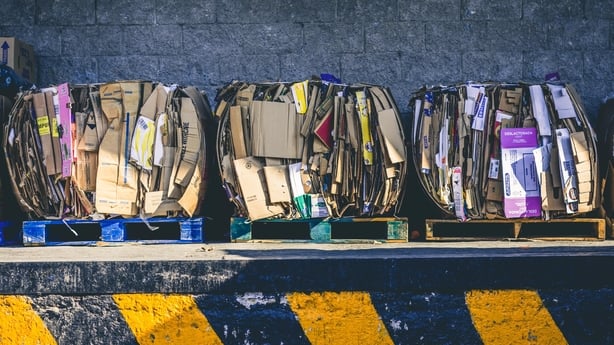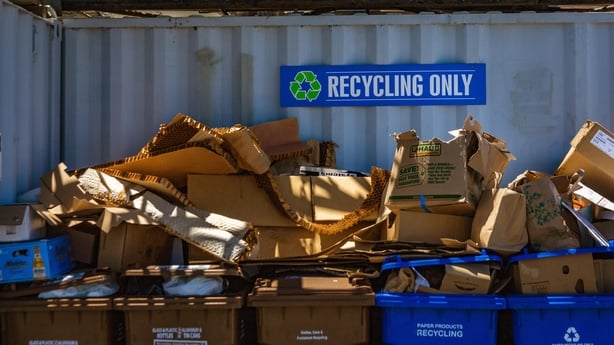From 1st July 2023, big changes are on the way for Irish businesses, as incentivised charging will come into effect for commercial waste collection. Minister for the Environment, Eamon Ryan, has signed new legislation green-lighting the move, which will soon see businesses operating in a similar fashion to residential properties when it comes to waste segregation.

A staggering 70% of disposed commercial waste is missing out on being recycled, according to the Environmental Protection Agency's 2018 study. The knock-on effect means that businesses are paying more for waste disposal than they should be, failing to avail of the lowered costs associated with segregation. In a bid to tackle this, businesses will soon have an incentivised way to get rid of rubbish in a more environmentally-friendly and cost-effective way.
Similar to all homes across Ireland since 2017, businesses will be provided with three designated bins to separate waste into. These will cover food waste, recycling and general waste. It’s a welcome incentive, as the move will also increase Ireland’s chance at reaching its EU recycling targets for 2025 and 2030. The targets are ambitious, requiring a united effort from Irish businesses, along with investments in local recycling infrastructure.
In 2020, Ireland recycled 41% of its municipal solid waste, but the EU Waste Framework Directive wants that figure increased to 55% by 2025, and 60% in 2030. Under the Government’s plans to achieve this target, businesses will play a key role, as new regulations are being brought in for commercial waste collection companies to adhere to.
Particularly in the area of plastic recycling, Ireland is currently facing its greatest challenge. Repak estimates that our current recycling rate is 33% for 2022, meaning there’s a projected shortfall of 17% ahead of 2025’s target, and a worrying 22% gap from the 2030 aim.

Waste collection companies will have to provide businesses with general waste, mixed dry recyclables and bio waste bins, with the recyclable and bio waste bins being collected at least every two weeks. Collectors must also give detailed breakdowns of what they are doing with the waste, including what’s being recycled and disposed of, and the associated costs for each method. This information can then help businesses track their individual performance and assess areas for improvement.
Businesses will also be put on a price plan to ensure that general waste will always be the more expensive option, incentivising a commitment to mixed dry recycling and bio waste recycling. While recycling may be a more time-consuming method, the motivation lies in reduced waste disposal costs for businesses, and a rewarding contribution to lowering Ireland’s harmful emissions.
Repak helps businesses trying to navigate the requirements they need from waste contractors to meet recycling targets. If waste segregation is proving difficult, waste contractors can be consulted for best practice methods and additional assistance. Increased recycling is a win-win for all, as improved recycling helps the environment and reduces refuse costs for businesses.
For a list of Repak-approved waste contractors and to find out what your business can do to improve its - recycling process, visit www.repak.ie.


